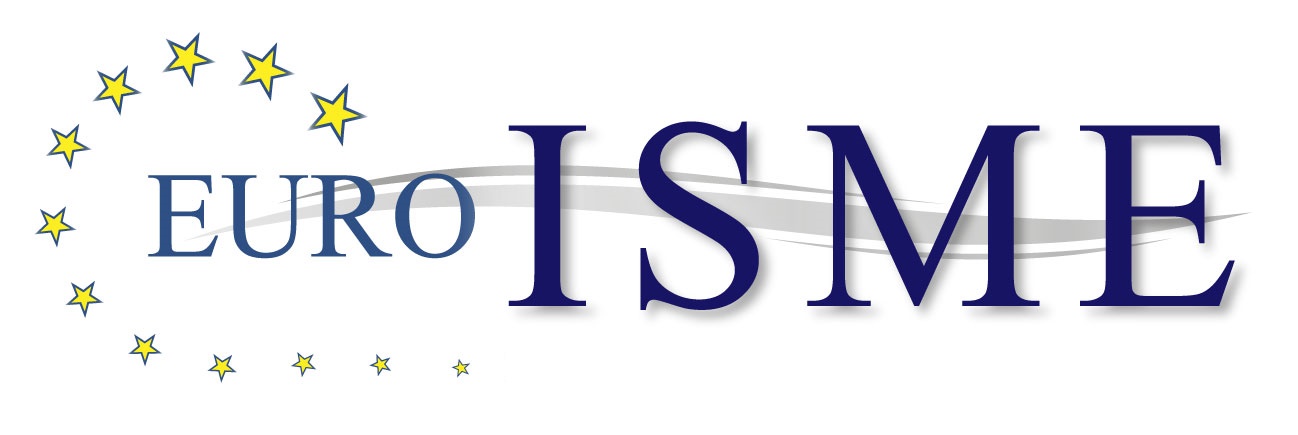The latest issue of the Zebis International E-Journal (2020/1) on "Nuclear Deterrence in the Focus of Peace Ethics and Security Policy" is online. It calls for Controversies in Military Ethics & Security Policy on:
"The Core Question: Nuclear Deterrence in the Focus of Peace Ethics and Security Policy"

Euro-ISME wants to contribute to the discourse! This is why we regularly make the release of a new edition of the Zebis E-Journal a “EuroISME News Topic”. And we call upon our members and friends, not only through Europe but purposefully also across the Atlantic Ocean, to participate in the discussion about the place of the soldier and the role of Armed forces in Peace Building in the 21st century, characterised by increasing multinational integration, complexity of crises and use of high-technology.
With the newest edition of it’s biannual E-Journal, the Hamburg based “Centre for Ethical Education in the Armed Forces”, which is one of our Institutional Members, initiates a debate on the very topical issue if peace and international stability can (or cannot) be built on the threat of total annihilation...
The editorialist Dr. Veronika Bock, Director of zebis, writes : "On almost no other subject are the fronts of opinion so hardened. Opponents of nuclear weapons claim that supporters of deterrence are irresponsible. The latter respond almost reflexively with accusations of naivety. At any rate, the clear position of the Catholic Church, the Treaty on the Prohibition of Nuclear Weapons (TPNW), and also the general state of international relations have reignited the debate. It is not without reason that at the start of this year, the publishers of the U.S. academic journal Bulletin of the Atomic Scientists set their symbolic Doomsday Clock to 100 seconds to midnight – as an urgent warning and expression of “the most dangerous situation that humanity has ever faced”. Several articles are therefore devoted to the current security policy situation and possible ways out of the deterrence paradigm. The editorial team also thought it particularly important to include two separate articles outlining the position of the nuclear powers Russia and China.
The resurgent discussion about Germany’s “nuclear sharing” further illustrates the continuing topicality of the issue. Our special feature edition examines the question of what the papal pronouncements mean for service rendered by German military personnel."
We are pleased to open our platform again for your comments on this controversial topic.
- You can now download the full issue of the e-journal here in English language and here in German language


